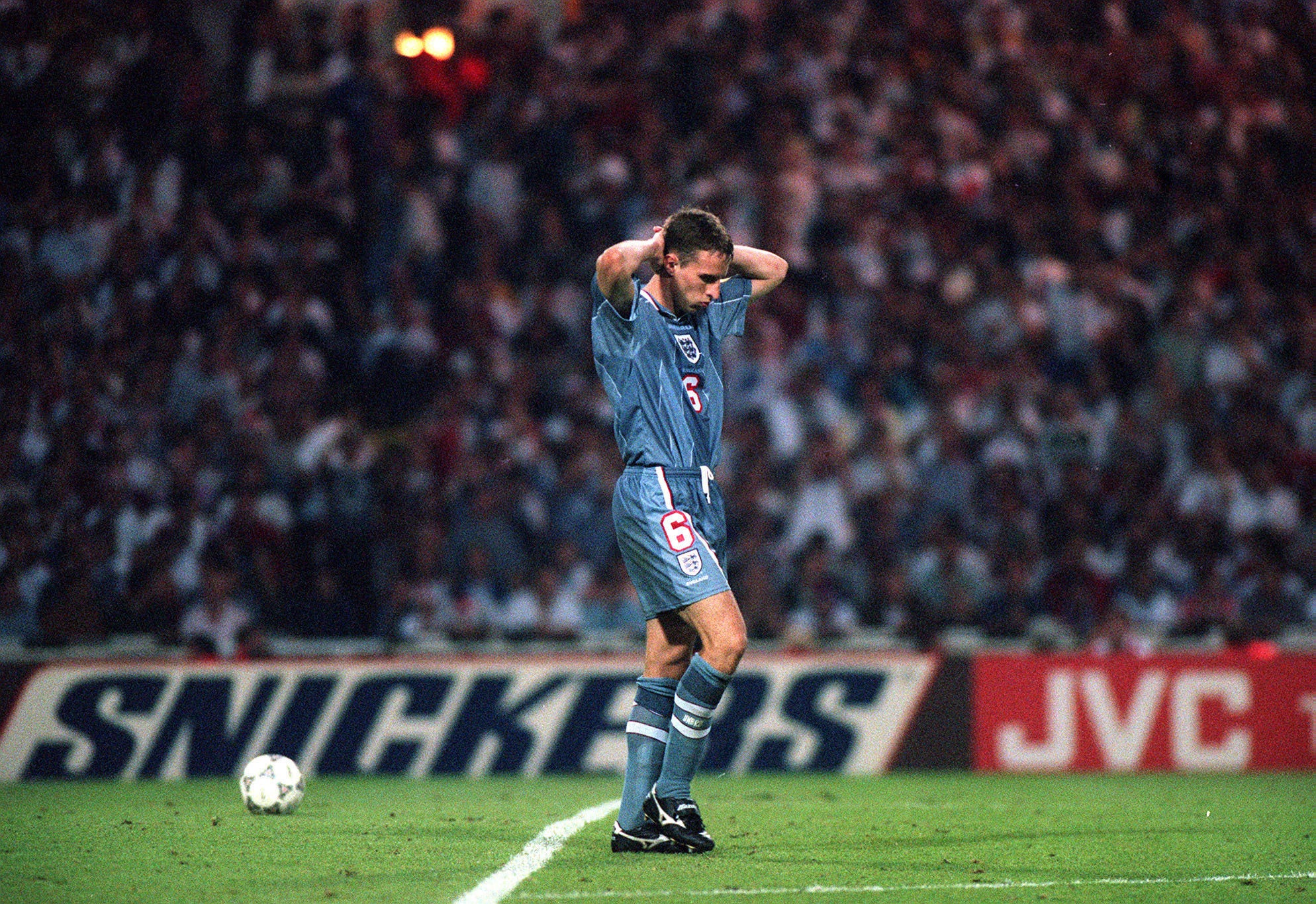
Former England manager Gareth Southgate has jokingly revealed he is unlikely to be called ‘Sir’ by his family after being awarded a knighthood in the New Year Honours.
The 54-year-old was recognised for his services to football and is the fourth England boss to become a knight after Sir Walter Winterbottom, Sir Alf Ramsey and Sir Bobby Robson.
Southgate said representing his country as a player and manager had been the “greatest honour”.
Congratulations, Sir Gareth Southgate ❤️pic.twitter.com/NESgEiRxCm
— England (@England) December 30, 2024
“I’m deeply grateful for all the kind messages and comments I’ve received since the announcement of my knighthood,” he posted on LinkedIn on Tuesday morning.
“It has been the greatest honour to represent my country as both a player and a manager for some 20 years and to be part of the game I love for almost 40. I am incredibly thankful for the amazing people and teams who have supported me both on and off the field.
“A special thank you to my family for their constant love and encouragement, though I must admit they’ve made it clear that the titles I hold at home will remain unchanged.”
Southgate has been hailed as one of the nation’s “greatest ever managers” by the Football Association.
FA chair Debbie Hewitt MBE paid a glowing tribute to Southgate following his eight-year reign as England boss, which ended with a 2-1 defeat by Spain in the Euro 2024 final.
“Throughout his career in the game as a player, coach and change-maker, he has embodied the best of English football,” she said.
“One of our greatest ever managers, Sir Gareth’s remarkable coaching achievements across four major tournaments include two successive Euro finals, equalling our best-ever men’s World Cup performance away from home and being ranked in the world’s top five for more than five years.
“It has been a privilege to know the man and the manager. All of us who have experienced his thoughtfulness, dedication and leadership are delighted with this wonderful news.”

Southgate won 57 caps for England between 1995 and 2004 and played at three major tournaments: Euro 1996, 1998 World Cup and Euro 2000.
Remembered for missing the decisive spot-kick in the Euro 1996 semi-final penalty shootout defeat by Germany, the former Crystal Palace, Aston Villa and Middlesbrough player counted on his strong character to bounce back from his Wembley heartbreak.
He led Middlesbrough to the UEFA Cup final in 2006 at the end of a 16-year senior playing career – and then succeeded England-bound manager Steve McClaren on Teesside.
Boro finished 12th and 13th in the Premier League under Southgate’s command before being relegated in May 2009.

He was sacked the following October with Middlesbrough one point from top spot in the Championship, and joined the FA as head of elite development in February 2011.
Having succeeded former team-mate Stuart Pearce as under-21s manager in 2013, England won the Toulon tournament under his charge in the summer of 2016.
Within a few months he was England manager after Sam Allardyce’s brief reign, first on a temporary basis, to change the course of English football.
Southgate stood alongside his players on societal issues such as racism, reconnected fans with the team after a disappointing Euro 2016 under Roy Hodgson, and ensured England were a force to be reckoned with.
Congratulations to former @England men’s senior manager Gareth Southgate, who joins a number of people from football who have been recognised in the King’s New Year Honours List for 2025 👏
— The FA (@FA) December 30, 2024
On the biggest stage, England reached the semi-finals of the 2018 World Cup when Southgate turned the waistcoat into a must-have fashion accessory.
England lost to eventual runners-up France in a World Cup quarter-final four years later.
Southgate ended England’s 55-year wait for a men’s final at Euro 2020, delayed 12 months by Covid, with his side beaten agonisingly on penalties by Italy.
There was another painful near miss four years on as Spain delivered a blow in Berlin.
But Southgate, who was awarded an OBE in 2019, left the job after 102 matches as the only manager of the England men’s team to lead them to two major tournament finals.







